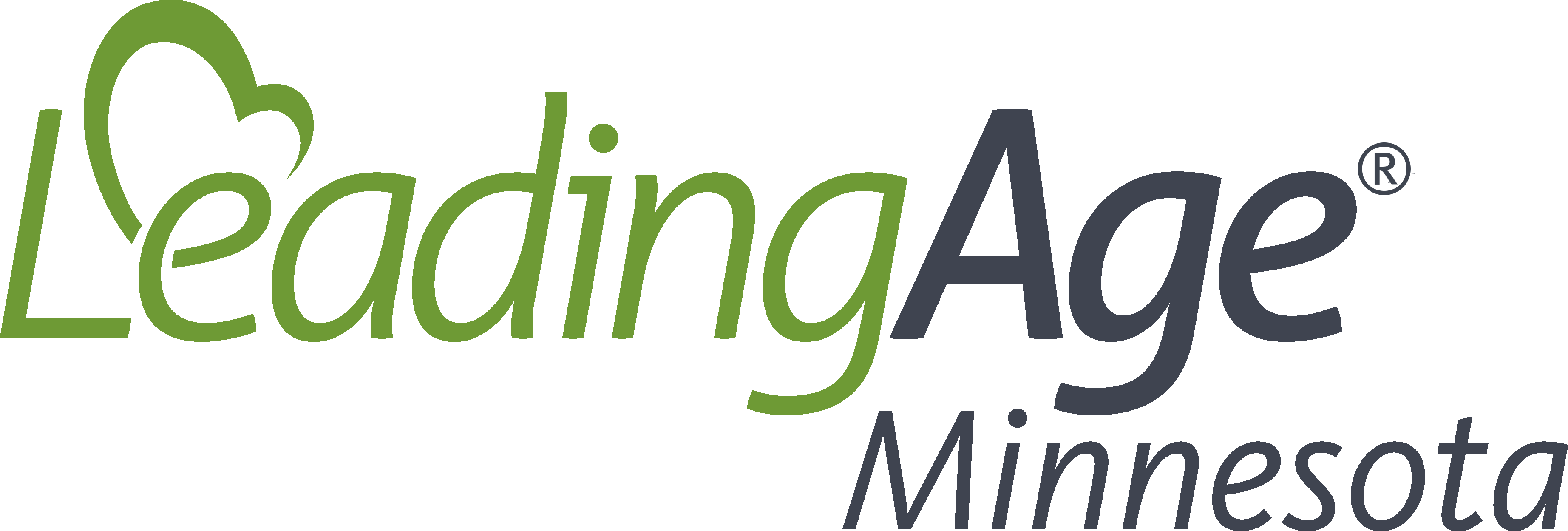NLRB Plans to Protect Workers from Employer “Omnipresent Surveillance”
Posted on November 3, 2022 by Mark Schulz
On Monday, the National Labor Relations Board's (NLRB) General Counsel Jennifer Abruzzo announced her intention to protect employees, to the greatest extent possible, from intrusive or abusive electronic monitoring (described as "omnipresent surveillance") and automated management practices through vigorously enforcing current law and by urging the NLRB to apply settled labor-law principles in a new framework.
What Does "Omnipresent Surveillance" Mean
The memo describes "omnipresent surveillance" as various technologies employers increasingly use to monitor and manage employees closely. For instance, some employers track employee movements using wearable devices, cameras, radio-frequency identification badges, and GPS tracking devices. Other examples include monitoring employees' computers with keyloggers and software that takes screenshots, webcam photos, or audio recordings throughout the day. Additionally, the advances in artificial intelligence and algorithm-based decision-making have allowed employers to analyze, sell, or otherwise share and act on the voluminous data that new technologies generate regarding their employees.
Electronic monitoring and automated management are not always limited to working time either. Some employers continue to track employees' whereabouts and communications using employer-issued phones, wearable devices, or apps installed on workers' own devices. Ms. Abruzzo's concern results from the potential use of such technology and artificial intelligence to interfere with the employees' rights protected under the National Labor Relations Act (NLRA). More specifically, she is concerned about the impact on employees' ability to engage in protected activity and keep it confidential from their employer during non-working hours.
Presumptive Violation
According to Abruzzo, the nature and use of the technology could mean an employer has "presumptively violated" the NLRA by hampering employees' privacy. "Presumptive violation" of the NLRA is described as an employer's surveillance and management practices, when viewed as a whole, would tend to interfere with or prevent a reasonable employee from engaging in activity protected by the NLRA.
What to Expect
Employers cannot lawfully prevent discussions about NLRA matters, even during working time, if they permit other kinds of non-work conversations. And time outside working hours, whether before or after work or during luncheon or rest periods, is an employee's time to use as the employee wishes without unreasonable restraint, although the employee is on company property.
To facilitate information sharing and enforcement coordination on these issues, the NLRB will be working in a joint effort with other federal agencies such as the:
- Federal Trade Commission
- Consumer Financial Protection Bureau
- Department of Justice
- Equal Employment Opportunity Commission
- Department of Labor
We will monitor this development and conduct further analysis as necessary as more information becomes available. Watch Advantage for future updates.
Comments
Add a comment
Members must sign in to comment
You must be a member to comment on this article. If you are already a member, please log in. Not a member? Learn how to join »

No one has commented on this article yet. Please post a comment below.